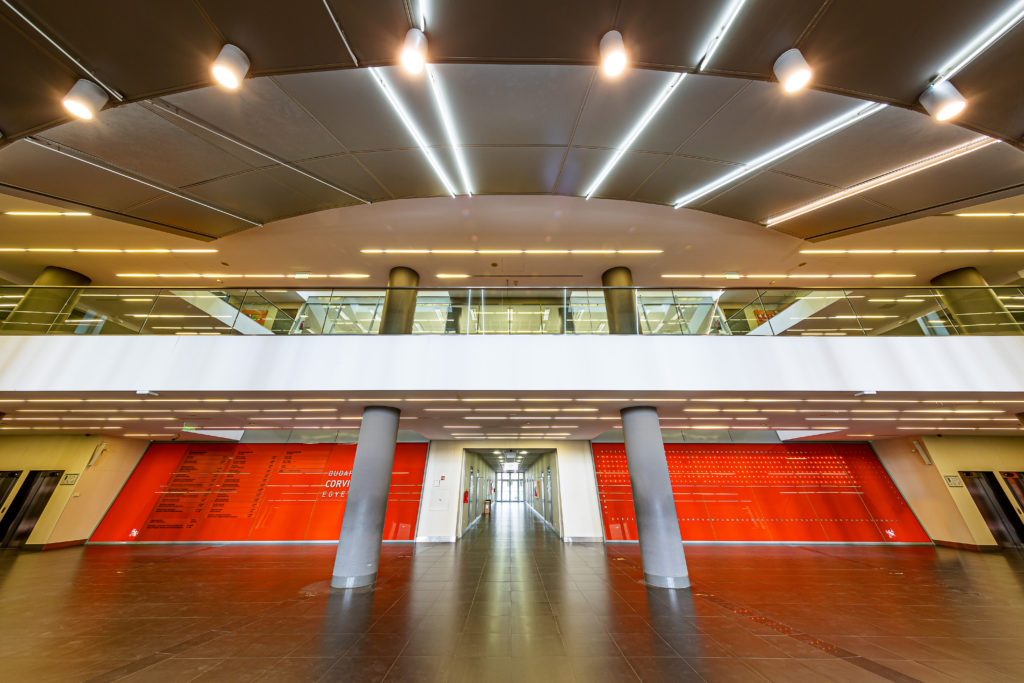Technology-enhanced creativity

Participants valued and implemented six overarching technology-based creativity-fostering approaches across the curriculum: igniting students’ creativity; supporting idea development; creating digital products; scaffolding students’ creative processes; augmenting creative collaboration among students; and facilitating the evaluation of creative student outcomes. Within these approaches the study identified several both subject-specific and -general technology-based creativity-fostering strategies of practical relevance providing pointers for future research conducted in secondary school settings. The investigation of practice highlighted that even expert teachers have difficulties with implementing technology-based creativity-fostering instruction within regular curricular timeframes and accomplishing high levels of technology integration. Implication for research, policy, teacher education, and practice are discussed.
Dr. Kárpáti Andrea is a Professor of Institute of Communication and Sociology Corvinus University of Budapest